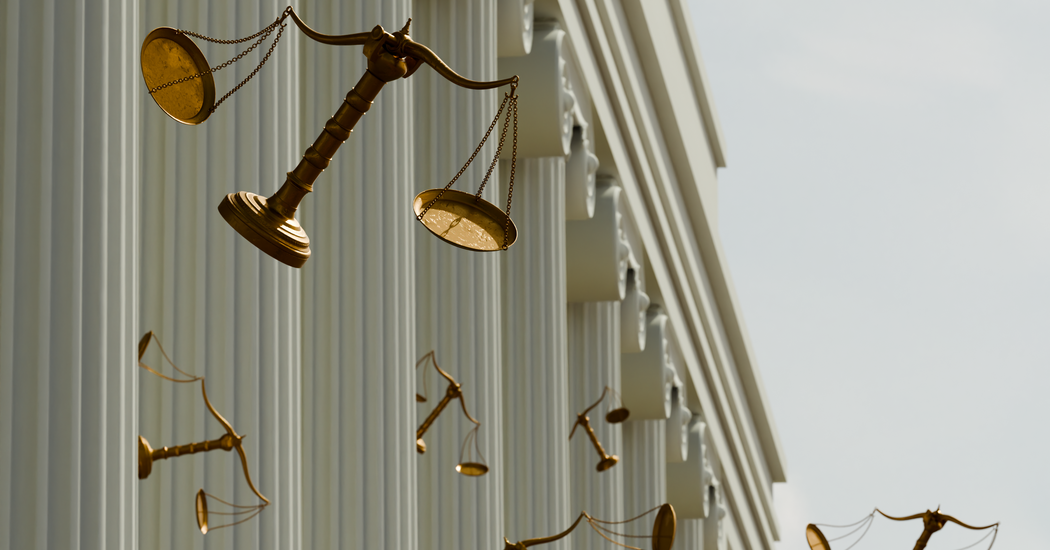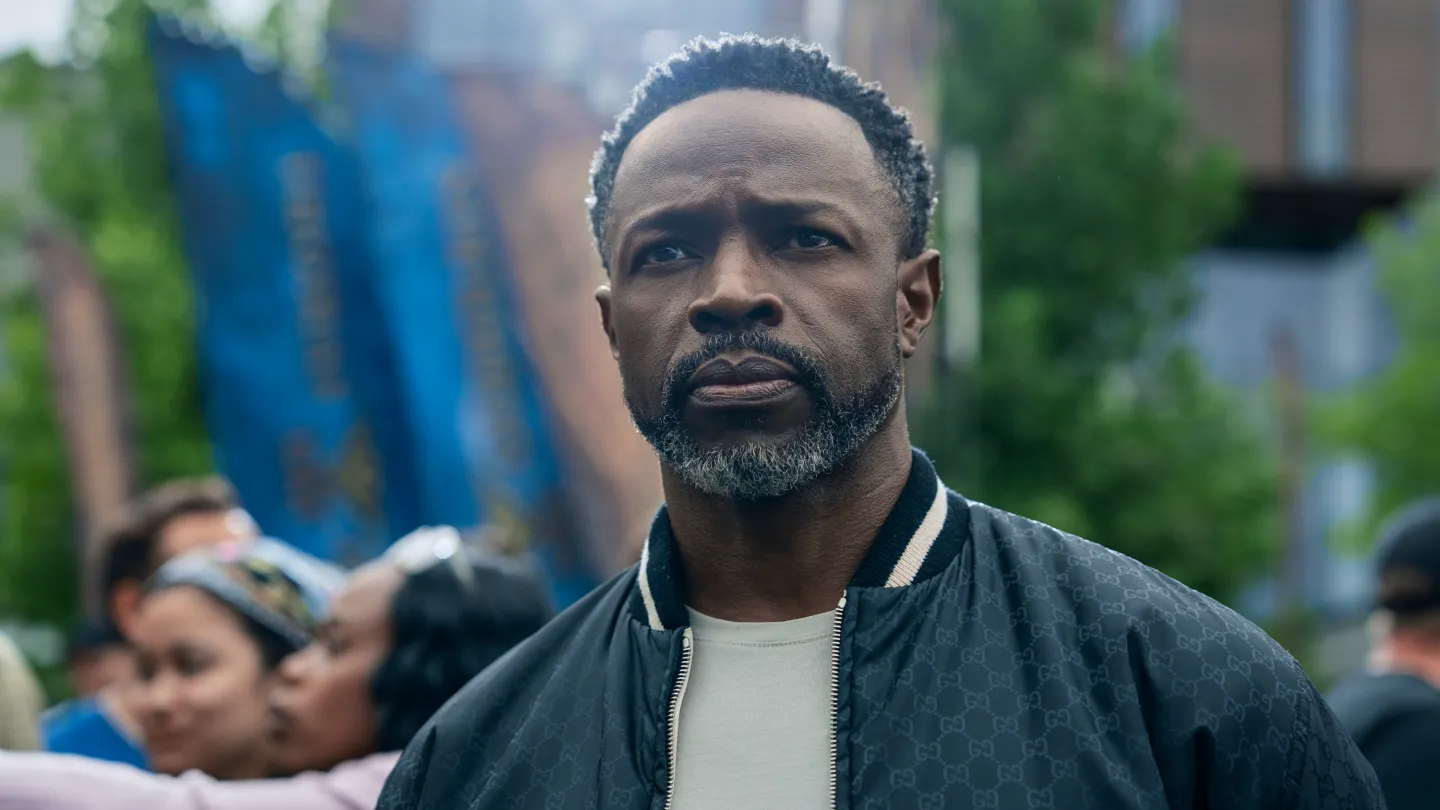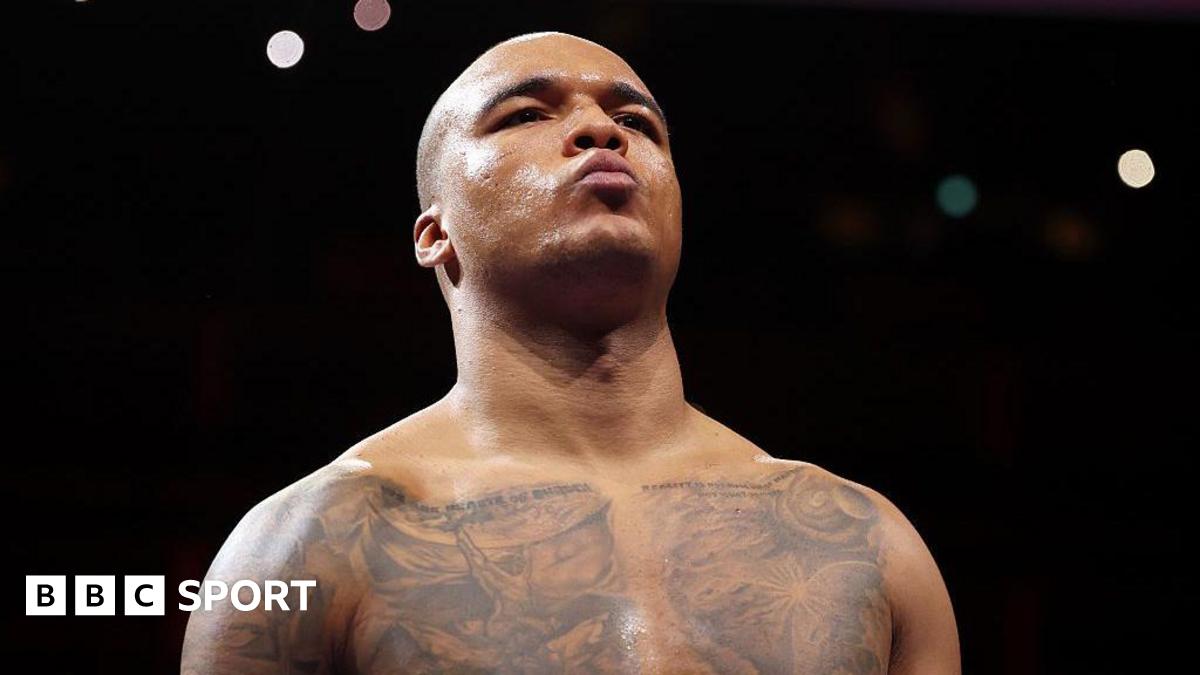Copyright The New York Times

The Department of Justice under Donald Trump is still standing. But inside, he and his lieutenants have taken a wrecking ball to this core pillar of our nation’s governing system. Mr. Trump isn’t solely responsible for this. Through hundreds of interviews that my longtime Washington Post colleague Aaron Davis and I conducted, we learned first hand how a mixture of fear and stubborn bravery, gutter politics and noble intentions ultimately paved the way for the unraveling of the Justice Department we are now witnessing. This decline started in Mr. Trump’s first term but gained momentum in the Biden presidency. It’s true Mr. Trump started it all when, in his first presidency, he tried to bend this venerable law enforcement agency for his own personal and political gain. Mr. Trump frequently failed in that effort, but, as we learned after two years of reporting, all the while he was quietly succeeding in destabilizing the institution’s foundations — and weakening its resolve with his brand of bare-knuckle attacks. That imperiled the rule of law that has long assured all Americans impartial and fair justice. Later, the desperate desire of Attorney General Merrick Garland and President Joe Biden to avoid any appearance of partisanship led the department to put off looking into evidence of a potential crime and gave Mr. Trump an advantage that few appreciated at the time. Mr. Garland’s delays softened the ground and would eventually help Mr. Trump remake the Justice Department into his own cudgel. Mr. Trump has more recently gutted department teams that have long shielded Americans from domestic terrorism, corporate fraud and foreign manipulation of our elections. His administration has all but shuttered the department’s Public Integrity Section, an elite crime-fighting unit created after Watergate to investigate and prosecute corrupt public officials. Its force has been reduced from more than 30 prosecutors to two. Mr. Trump has at the same time anointed himself the country’s law enforcer in chief, eliciting shock as he has bulldozed the department’s longstanding independence from the White House. That boundary had historically ensured that criminal prosecutions were based on evidence, not partisan motives. Repeatedly this year Mr. Trump has redirected the department’s traditional power to enforce laws and prosecute criminal cases to hound his critics and political foes. Mr. Trump and his aides have ordered the department to launch investigations and lodge criminal charges over the objections of nonpartisan career lawyers who found the evidence of wrongdoing dubious or slim. The cumulative damage done to the once-respected Justice Department is so profound that it may not regain any semblance of its former self in our lifetimes, warn career law enforcement officials with whom we have spoken. It’s impossible to discount as hyperbole the alarm that these longtime civil servants are sounding from inside the house. Many federal prosecutors and F.B.I. agents who recently worked for the department or who still do are disconsolate at the dizzying speed with which they see their beloved institution breaking the founders’ promise that American citizens be punished according to the law, rather than a king’s whims. How could Mr. Trump have gained this momentum so quickly? Partly because he helped weaken the department he would later inherit from Mr. Biden. As reporters for The Washington Post, we set out in 2022 to chase a tip that the Biden Justice Department under Attorney General Garland had hesitated to focus squarely on Donald Trump’s culpability in fomenting the Jan. 6 attack on the Capitol. The tip panned out: Nearly a year passed before just one prosecutor was assigned to investigate possible ties between the former president’s circle and the deadly riot. And a full 15 months elapsed before the F.B.I., the department’s investigative arm, agreed to join in that hunt for answers. As we dug deeper to understand the cause of the delays, we learned that Mr. Trump’s attacks on the rule of law and federal investigators in his first term had taken a much greater toll on the department than many knew. In his first term, Mr. Trump targeted individual prosecutors and F.B.I. agents who were simply doing their jobs by scrutinizing his first campaign’s links to Russian operatives who sought to influence the 2016 election. The president accused government employees of bias, tarnishing their careers and leaving the agency’s career staff in a defensive crouch. Then, while Mr. Trump had openly badgered his attorneys general to protect his political flank, the Biden administration adopted a far more cautious approach. The Justice Department has long celebrated its career investigators and prosecutors as pursuing evidence of wrongdoing “without fear or favor,” free of worry about the political ramifications or the stature of the person they investigate. But through our reporting we sensed a new kind of fear had crept inside the building as early as 2021. Though Mr. Trump lost in 2020, some F.B.I. agents and top Justice officials remained hesitant in the wake of the brazen Capitol attack to look at fresh evidence linking him to a possible crime. As attorney general, Mr. Garland sought to restore trust in the department and its historical vow of apolitical, fact-driven justice. But his hope to avoid even the whiff of political motivation would hobble the department in one critical way: It sidestepped the mounting evidence that suggested Mr. Trump illegally plotted to interfere in a free and fair election and overturn his 2020 defeat. Even before Mr. Garland was confirmed, Mr. Biden’s interim Justice Department heads rebuffed a plan by public corruption prosecutors to scrutinize whether Mr. Trump and his allies helped set in motion election interference in 2020 and then later the Jan. 6 attack on the Capitol. Mr. Garland and his deputy Lisa Monaco kept the department on that course, telling their deputies that they feared they would be viewed as no better than the Trump administration if they directly scrutinized the former president’s actions without first determining if any evidence directly connected him to the Capitol rioters. As one internal critic told us, Mr. Garland’s desire to to steer away from a high profile political figure like Mr. Trump was itself a political decision. And in so doing, the Biden Justice Department strayed from its righteous footing of following the facts and the law, wherever they might lead. A full year into the Biden administration, the department did finally begin an investigation into possible election interference by the Trump campaign, but only under pressure from the House’s Jan. 6 committee, which was rapidly uncovering the pieces of Mr. Trump’s coordinated plot to stay in power. Justice’s early avoidance and delay gave Mr. Trump a running start as he readied himself in 2022 for a re-election bid. To his supporters, Mr. Trump painted himself as a martyr and victim of an agency led by a Democratic cabal hellbent on keeping MAGA’s greatest champion out of power. As accusations on the right against the Biden administration grew louder, agents and prosecutors feuded over whether their steps to investigate Mr. Trump were leading them down the righteous path — or to career suicide. His supporters’ claim of a radical-left conspiracy helped propel Mr. Trump to victory. Many Trump supporters were ultimately persuaded that special counsel Jack Smith sought the felony indictment of Mr. Trump for supposed election interference and the mishandling of documents in order to hurt his chances of regaining office. Upon his return to power, Mr. Trump flipped the script. After denouncing the Justice Department for eight years, he quickly seized the levers at the agency to target and punish his political foes. John Keller is the former acting chief of the Justice Department’s Public Integrity Section, which was formed in the wake of Richard Nixon’s abuse of his office to make honest government service a priority and ferret out corrupt public officials. Mr. Keller, one of the hundreds of career department investigators and prosecutors who have resigned or have been forced out since January, gave up his job of more than 15 years rather than comply with an order to dismiss bribery charges against Mayor Eric Adams of New York. Mr. Trump wanted Mr. Adams’s promised help with deportations. Like many federal prosecutors, Mr. Keller spent his career avoiding talking publicly about his cases and instead spoke through formal court filings. Now he is beginning to break his silence, not to discuss his cases, but because he feels duty bound to call out the consequences of Mr. Trump’s rapid trampling of the rule of law. “It feels to me we have crossed the Rubicon,” Mr. Keller told us in a recent interview. “The idea of charging your enemies without a solid factual basis — that’s the hallmark of a dictatorship. That’s when the rule of law and our governing system is just wholly broken.” Mr. Keller is part of the swelling ranks of career prosecutors, department alums and historians who are determined to highlight this wrong, and many consider that groundswell a sign of hope that the Justice Department may yet return to its norms. These Americans are taking personal risks and locking arms to awaken the country to the dangers that they argue we face if this core pillar falls. They hope that Americans will now begin to see that the rule of law, an esoteric-sounding concept for many, is what protects them from being thrown in jail on spurious charges if they too draw the president’s ire. More than 100 former Justice Department officials recently filed a brief in the case against the former F.B.I. director James Comey, arguing that this is one of the lowest points in the agency’s history, when a president orders up criminal charges against a declared enemy on what career prosecutors deemed the thinnest of facts. Doing so violates the department’s longstanding principles to bring charges only when they serve the public interest and when prosecutors believe they can prove the allegations beyond a reasonable doubt. Mr. Trump’s Justice Department came first, in late September, for Mr. Comey, who refused to absolve Mr. Trump of any guilt in a Russia inquiry. Two weeks later it got an indictment of New York’s attorney general, Letitia James, who had won a case finding Mr. Trump engaged in civil fraud in his business. Now, Mr. Trump is demanding that his department bring criminal charges against Senator Adam Schiff, Democrat of California, who helped lead impeachment proceedings against him in the House. Mr. Trump has urged his department to investigate “Deranged Jack Smith,” the special counsel. The president’s advisers have warned that Mr. Trump’s predecessors Barack Obama and Joe Biden are also fair game. A deep and bipartisan bench of Justice veterans say the department has reached a frightening tipping point and warn that grave dangers now loom for all Americans. Without the real Department of Justice we have long taken for granted, public servants predict, malevolent actors can freely engage in crimes knowing they will never face consequences. Since taking office Jan. 20, Mr. Trump and his appointees have driven out or fired combined centuries’ worth of frontline expertise that will take decades to replace. Seasoned national security prosecutors and agents have sounded the alarm in our interviews: These departures leave us less prepared to stop the next terrorist attack or foreign state’s spying operation. Without the real Justice Department, anyone who crosses the president is vulnerable to prosecution regardless of the facts, as when Mr. Trump recently said that a legal commentator and former F.B.I. official critical of him should be investigated. Meanwhile, evidence of potential crimes that may be committed by his allies, including the bag of cash his border czar Tom Homan took while indicating he could help businesses land lucrative contracts, appears unlikely to be investigated. Finally, without a real Justice Department, a president holding the reins of a corrupted institution can remain president permanently, free to manipulate election results, with no real threat of being dethroned.



